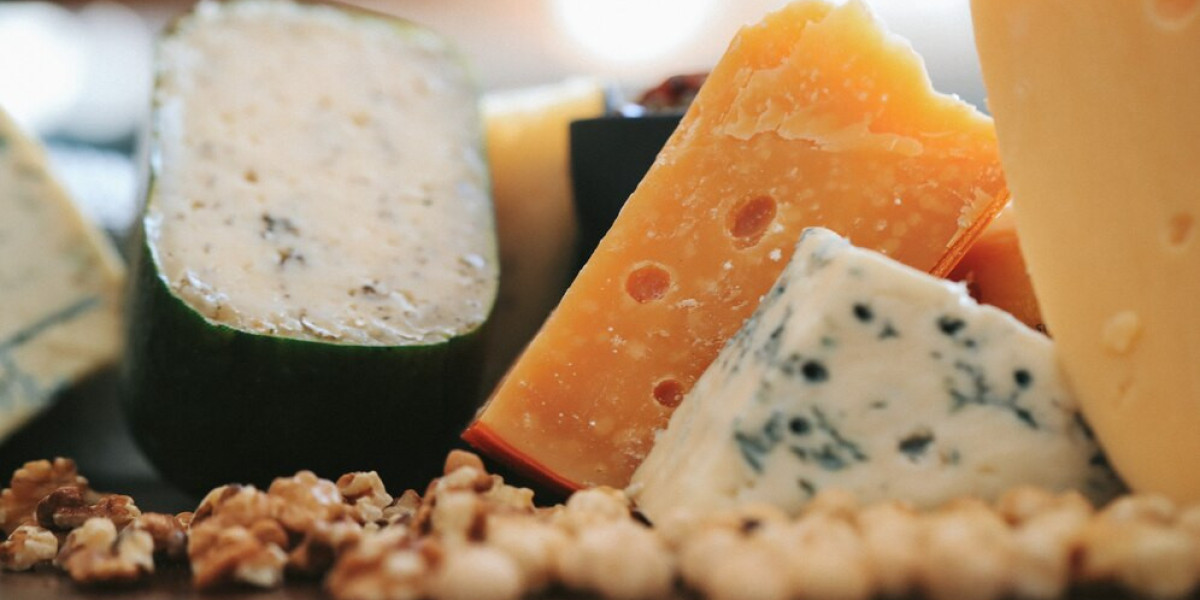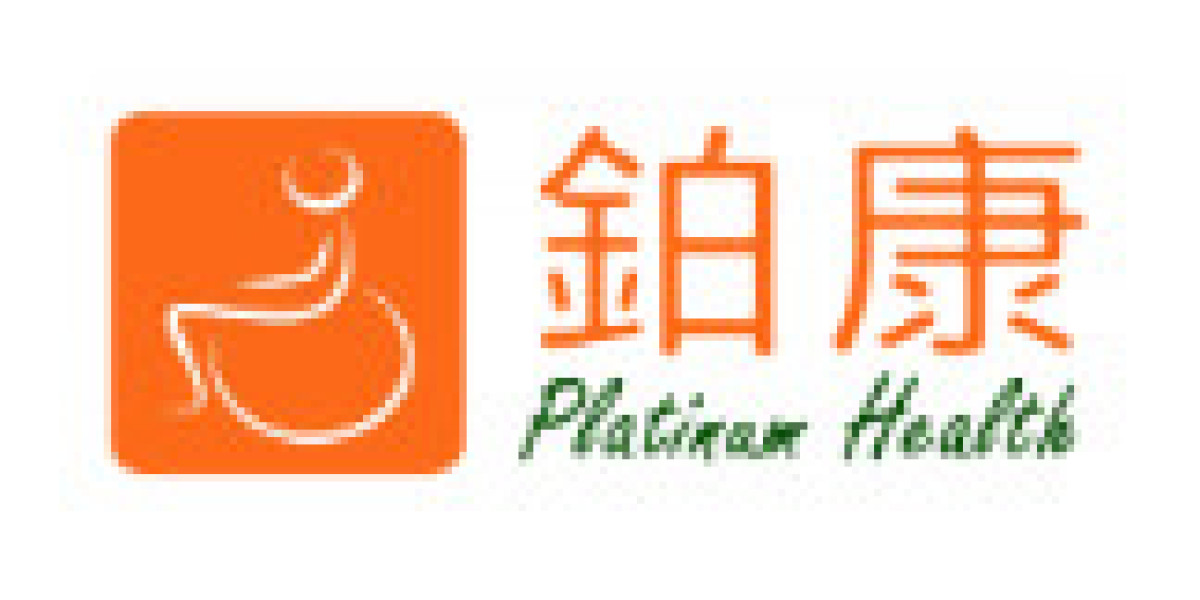The cheese alternatives market is witnessing diverse scenarios that are shaping its development. As more consumers shift towards plant-based and dairy-free diets, the market for cheese alternatives is evolving rapidly, creating a variety of trends and outcomes. This dynamic market is influenced by consumer behavior, technological innovations, sustainability concerns, and regulatory changes, among other factors. Understanding the different scenarios at play can offer valuable insights into the future trajectory of the industry.
One prominent scenario is the growing adoption of plant-based diets across the globe. Veganism, dairy-free, and flexitarian diets are gaining popularity, with people increasingly choosing plant-based alternatives for health, ethical, and environmental reasons. In this scenario, the demand for dairy-free cheese alternatives continues to surge, driven by a desire for healthier and more sustainable food options. This growing consumer base is pushing food manufacturers to innovate and expand their product offerings, introducing a wide range of plant-based cheeses made from nuts, seeds, soy, coconut, and other plant-based ingredients. The innovation within this segment is creating a more diverse and appealing array of options for consumers, further boosting the demand.
Another key scenario involves the influence of environmental sustainability. Dairy farming is known to have a substantial environmental impact, contributing to greenhouse gas emissions, water usage, and land degradation. As sustainability becomes a more prominent concern for consumers, many are opting for plant-based cheeses as a way to reduce their environmental footprint. This scenario is playing out particularly strongly among younger generations, such as millennials and Gen Z, who are more likely to prioritize sustainable food choices. The shift towards plant-based cheese alternatives aligns with the broader movement toward eco-conscious living and reducing dependence on animal-based products. This trend is expected to intensify as more consumers recognize the environmental benefits of choosing dairy alternatives.
Technological advancements in food production are also driving change in the cheese alternatives market. A growing number of food scientists and companies are working to perfect plant-based cheese formulas, focusing on creating products that closely mimic the taste, texture, and melting properties of traditional dairy cheese. In this scenario, improvements in food technology are allowing brands to offer more authentic-tasting dairy-free cheeses. For instance, innovative processing techniques and the use of fermentation technology are contributing to products with enhanced flavor profiles and improved textures. As these technologies continue to evolve, the gap between dairy and plant-based cheese is narrowing, making these alternatives more appealing to mainstream consumers.
However, there are also challenges within the cheese alternatives market. Price sensitivity remains a major barrier, particularly in regions where consumers are accustomed to low-cost dairy products. Plant-based cheeses often come with a higher price tag due to premium ingredients and production methods, making them less accessible to price-conscious buyers. This price discrepancy presents a potential roadblock to widespread adoption, especially in developing markets where cost is a significant factor.
Another scenario that could shape the market is regulatory change. As the demand for plant-based foods increases, there is an ongoing debate about labeling and standards. In some countries, regulations around what can be labeled as "cheese" are being scrutinized, with concerns about whether plant-based products should be allowed to use dairy terms. This regulatory environment could impact how cheese alternatives are marketed and sold, potentially creating challenges for producers but also presenting opportunities for clearer definitions and standards within the industry.
In conclusion, the cheese alternatives market is experiencing various scenarios, each influenced by different factors. The growth of plant-based diets, sustainability concerns, technological advancements, and regulatory frameworks are all contributing to the development of this market. As these scenarios continue to evolve, it is clear that the demand for cheese alternatives will remain strong, with the market expected to expand further in the coming years.









